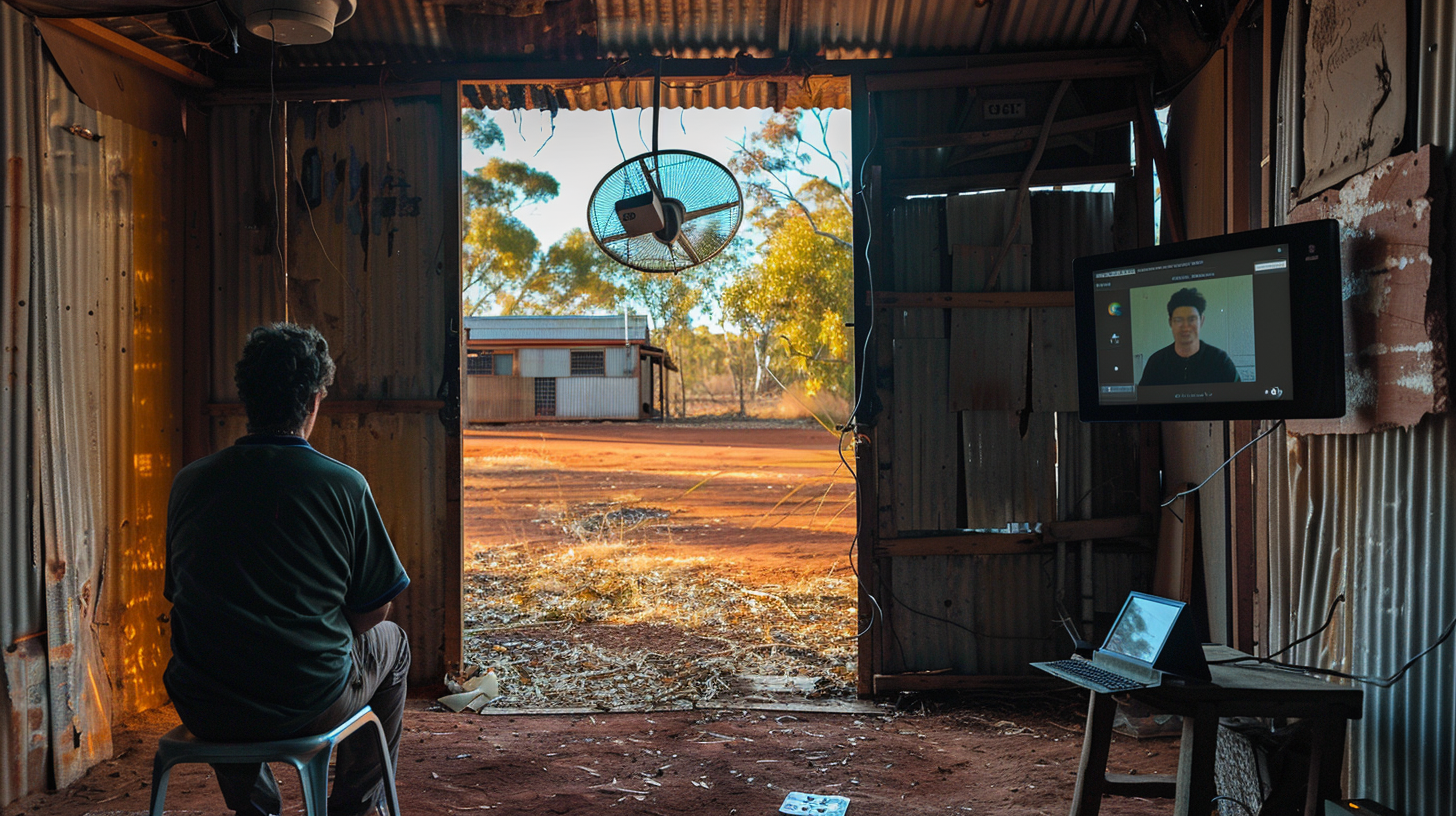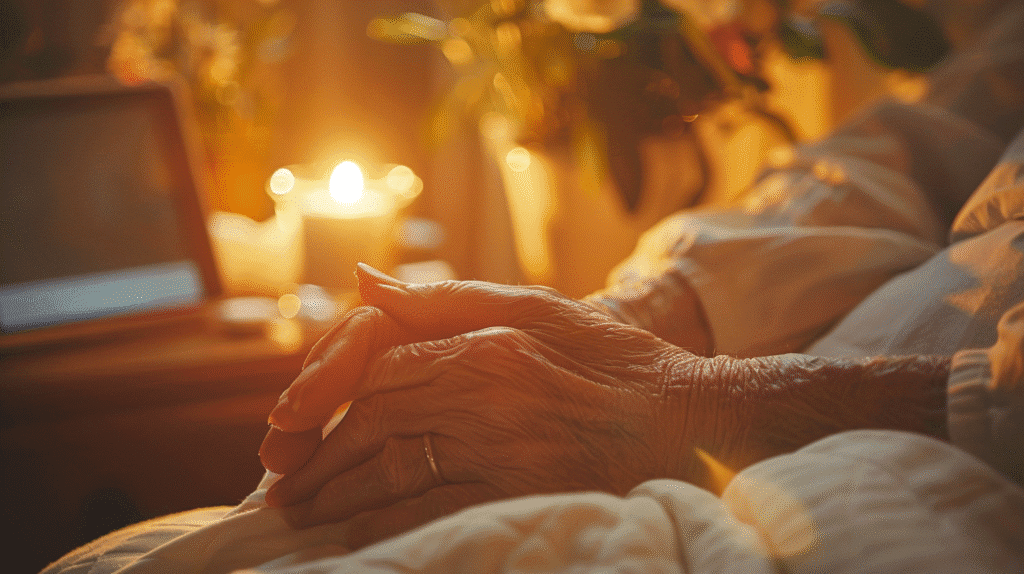UK Clinicians Get Hands-On Training To Turn Policy Into Patient Access

The cannabis debate in the UK is shifting from “if” to “how,” and a new one-day CPD-credited symposium is targeted straight at that gap.
The conference provides practical, case-based teaching for experts, GPs and pharmacists: when to consider a trial of cannabis medicines, how to start low/go slow, titrate and monitor, what adverse reactions to watch for, and how to chart outcomes that count (function, interference with pain, sleep, anxiety).
Organisers clarify that the programme is indication-specific (spasticity, chronic pain, epilepsy, women’s health), based on available evidence and that there’s also time for thorny real-world questions like drug interaction, driving, protecting and shared care between private clinics and NHS teams.
Why it matters: in the UK, a majority of scripts stay in private practice; doctors quote confusion and workflow resistance as deterrents.
A nuts-and-bolts peer-to-peer style can normalize best practice, cut variation and eventually speed up consultations and make them safer.
Stronger prescriber confidence directly enhances patient trust and adherence. When programs succeed and expand locally, they create a reinforcing cycle: more consistent prescribing patterns generate richer pharmacovigilance data, which in turn provides insurers with clearer insights about optimal patient populations and dosing strategies.
Source: cannabishealthnews.co.uk
Australia’s Teletrials Bring Cannabis Research To Remote Patients

For most rural Australians—and for cancer and palliative patients in particular—traveling hundreds of miles to participate in a clinical trial is not feasible.
Mater Research’s teletrail model demonstrates how to correct that: local doctors administer consent and safety clearance; medications are sent and handled locally; and outcomes are tracked through secure platforms, where principal investigators oversee care centrally.
The program has just signed up what it describes as its most remote participant yet, proof that geography should not be a deterrent to participating in closely supervised medicinal-cannabis research.
The human benefit is direct: reduced travel burden for patients and carers, fewer lost workdays for family members, and improved continuity through local, familiar providers.
It also enhances representation—trial populations come to more closely resemble Australia as a whole, rather than capital cities.
For regulators and ethicists, teletrials maintain essential protections (informed consent, reporting of adverse events, data integrity) while increasing access.
For industry sponsors, this approach reduces recruitment and retention risks. Scaled across states, teletrials could become Australia’s default method for reaching underserved populations, transforming a persistent equity challenge into a competitive advantage.
Source: materresearch.org.au
Trial Finds Vaporized Cannabis Can Abort Migraine

In a randomized, placebo-controlled, double-blind crossover study, 92 adults were treated for a maximum of four individual attacks of migraine—a 6% THC, 11% CBD, a 6% THC/11% CBD combination, and placebo.
Overall, in 247 treated attacks, THC/CBD was superior at two hours for pain relief, relief from pain and most-bothersome symptom; benefits persisted through 24–48 hours.
THC was superior for relief from pain at two hours but not at all end points; CBD was not superior to placebo at main outcomes when administered alone.
No serious adverse events resulted, and the combo was less side effect-prone for THC-type side effects than THC alone—characteristic of CBD’s modulating effect at CB1.
Clinically, this confirms a patient-centered message that many neurologists already deliver: attempt the usual treatments first, and use inhaled cannabinoids as a rare rescue every now and then for unremitting attacks—while sparingly using those meds, preventing medication-overuse headaches.
Investigators emphasize the need for replication in higher-powered multi-center trials, dose-finding, and head-to-head testing vs. typical rescue meds.
For patients who have exhausted standard migraine medications without success, this finding provides the strongest evidence yet that balanced THC/CBD flower—vaped rather than smoked—can deliver immediate, significant relief.
Source: medscape.com
Long-Term Insomnia Patients Report Better Sleep On Prescribed Cannabis

Clinical trial-like data from a UK registry tracked adults diagnosed with insomnia for a maximum of 18 months after issuance of prescribed cannabis products.
Patients demonstrated durable benefits for quality of sleep in addition to benefits for anxiety, general well-being and daily functioning.
Adverse events tended to be mild and transitory (e.g., dry mouth, somnolence), and terminations were rare. Due to the observational nature of the study and absence of randomization, we cannot draw inferences regarding causality—but its virtues are duration of follow-up, stable outcome measures and a focus on a recalcitrant, quality-of-life-sapping condition for many for whom many other options have been tried (and rejected).
In practice, psychiatrists and other clinicians can draw upon results like these when setting expectations: begin with sleep hygiene and first-line treatments; if advancing to cannabis, start low, titrate gradually, and emphasize nighttime preparations with definitive dosing.
Patients should monitor not only time-as-sleep but awakenings, next-day alertness and mood.
Long-term registry data help payers and policy-deciders figure out laterwho benefits most (and at what cost), guiding future advice.
The larger picture is patient-focused: for those for whom sedatives have failed or are intolerable, a controlled trial of cannabis might be a sensible, monitored step-one that respects sleep as a pillar of mental and physical health.
Source: journals.plos.org
New Trial Tests THC/CBD To Ease Late-Stage Dementia

Sedation at the end of life is inhumane for families and patients—and typical routine sedatives often blur alertness and communication.
A new study at the University of Maryland is examining whether a balanced oral preparation of THC/CBD can safely diminish agitation while preserving comfort, and possibly reduce the use of heavy sedatives.
The trial brings together palliative-care doctors, neurologists and caregivers to track not just agitation scales, but also sleep, caregiver stress and adverse events—measurements that encompass the whole process of a dignified death.
The human-interest heart of this trial is a simple one: Is it possible to make individuals feel less anxious and more at peace in their last months?
If cannabinoids can reduce behavioral storms without heavy sedation, this would represent a major breakthrough for hospice care.
The scientists are also developing the safety and dosing guidebook that clinicians require—what to begin with, how and when to titrate, when to discontinue—and charting a course for later, definitive trials.
Even a modest effect, if consistent and well-tolerated, could transform bedside conversations and offer families more compassionate treatment options.
Source: medschool.umaryland.edu


